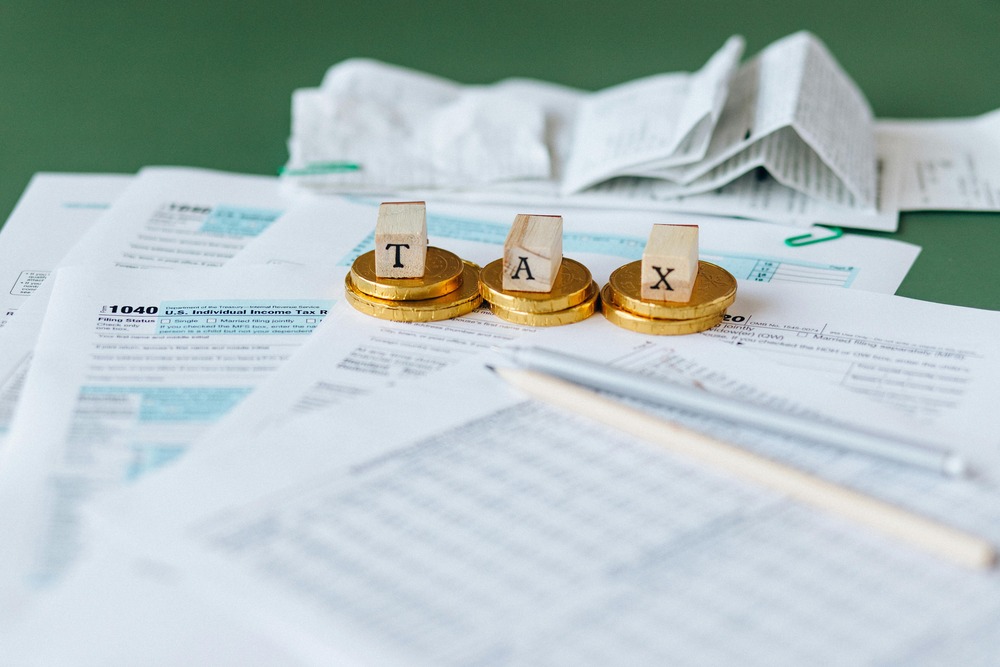A Taiwanese local media outlet reported that the country’s Minister of Finance, Chuang Tsui-yun, stated in a recent session that profits from crypto transactions would be subject to income tax. The statement was made at the 2025 central government budget review session, attended by several government officials.
The taxation move is likely driven by recent optimism fueled by a more favorable regulatory environment for crypto. These expectations have driven Bitcoin prices higher following Trump’s re-election and the entry of pro-crypto legislators into the United States Congress. The move aims to clarify Taiwan’s taxation policies for crypto and other digital assets.
Taiwan to Tax Crypto Trading Income
While legislator Lai Shih-pao expressed concerns over Taiwan’s taxation policies for crypto, Minister Chuang reassured that profits from such transactions are taxable under income tax law, specifically the property transaction income provision of current tax laws. He added that the Ministry of Finance will explore auditing measures further.
Cryptocurrencies are classified as digital assets rather than currency for individual income taxes. When these individuals profit from one crypto transaction but incur a loss from another, they can balance the two and only pay tax on the difference.
Notably, 26 virtual asset service providers (VASPs) are registered under the country’s anti-money laundering (AML) regulation and are paying business and corporate income taxes. Domestic corporate investors engaging in crypto transactions will calculate profits or losses from exchanging crypto and other digital assets and pay the commensurate tax.
The National Taxation Bureau will verify crypto transactions using auditing tools and external data sources to detect underreporting. Director-General of the Taxation Administration Sung Hsiu-ling promised to draft tax guidelines for crypto trading income within three months.
More Crypto Taxation
With the surge in crypto popularity, crypto taxes have been making headlines lately, with governments around the world trying to figure out how to tax them. Recently, Italian legislators proposed increasing the crypto tax to 28%.
In his desire to make the U.S. the “crypto capital of the planet,” President-elect Donald Trump has recently promised a zero tax on crypto assets when he assumes office. Meanwhile, some countries are more crypto-friendly than others regarding taxes, while others have banned crypto transactions entirely, labeling them as unlawful.
Find Cryptocurrencies to Watch and Read Crypto News on the Go Follow CryptosToWatch on X (Twitter) Now

